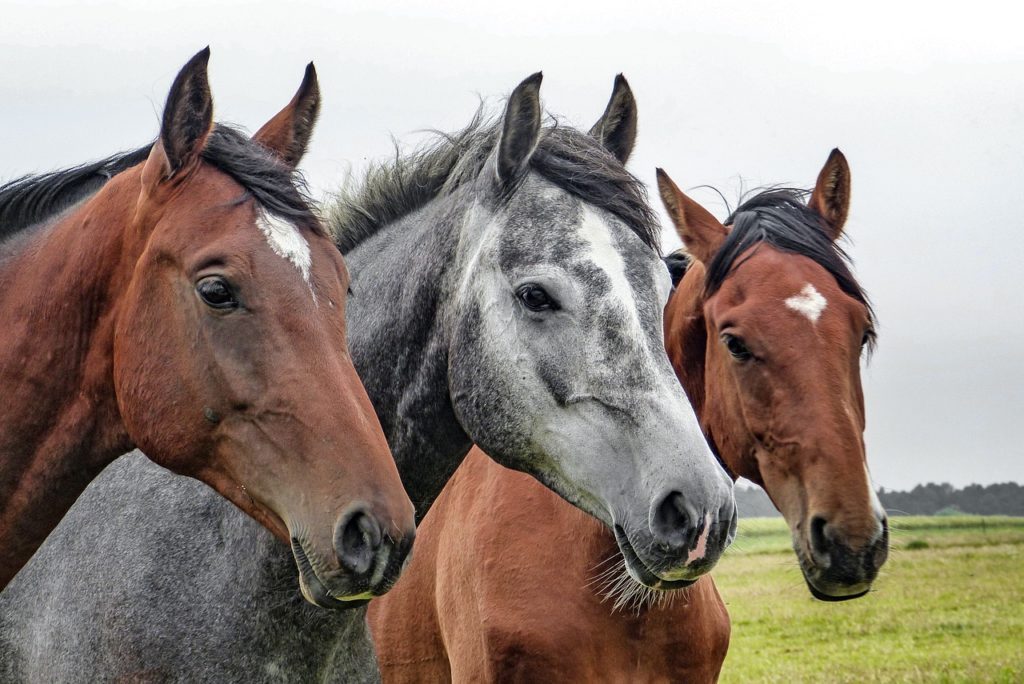Ireland is mad for the horses. Horse racing is by far our most successful sporting export and Ireland is the third-largest producer of thoroughbreds in the world. It is also big business and the equine industry has a number of career opportunities.
In years gone by, experience was the single most important requirement for a job in the horse business. Nowadays a candidate’s qualifications are just as important.
Education
The Racing Academy and Centre of Education in Kildare trains jockeys and racing grooms. Trainee jockeys must be under 18 years of age and less than nine stone in weight.
Kildalton Agricultural College in Co Kilkenny has a Level 5 course in Horse Breeding & Training. You will learn how to work on stud farms and training yards. It also teaches skills such as horse riding, evaluating and managing young horses, and successful breeding techniques.
Horsemanship (Level 5) courses can be one or two years. Some add specialisations such as Equine Nursing, Riding Instruction and Business Management. These courses are highly practical, with plenty of ‘hands-on’ experience. If you want to work in stables, a riding school or equestrian centre these courses are ideal.
Athlone IT’s two-year Higher Certificate in Business Studies in Equine Studies incorporates a wide range of subjects. These include business modules, equitation, equine science and veterinary skills. As a result, it is suitable for many careers in the horse industry.
NUI Maynooth’s BA in Equine Business is a unique degree. Besides core equine business modules, you can specialise in management, economics, or financial accounting. That means you can work in a variety of sectors, not just the horse industry.
UCD and University of Limerick both offer Equine Science. You will tackle areas such as horse health and welfare, genetics, nutrition and breeding among others. These courses prepare you for a career in academia, research and development, and management roles in the equine industry.
The Work
Employment in the equine industry is spread across many sectors: public, tourism, leisure, racing, manufacturing, research and development, media, and so on. The ongoing success of Irish racehorses, plus the recent proliferation of riding centres across the country, ensures that career prospects for graduates in this area remain very healthy.
First and foremost working with horses requires an empathy and affection for the creatures. Prior knowledge or experience of them is favoured, and in some cases required, by course providers. You should check with the college to see if this is the case with your preferred course.
Depending on the area of the equine industry that you wish to go into, certain skills and talents will be particularly valuable. Trainers and grooms for instance will require good handling and riding skills and a good understanding of horse welfare. Stud farm and riding school managers need a good head for business, while researchers should have an active interest in biology and science in general.












Comments